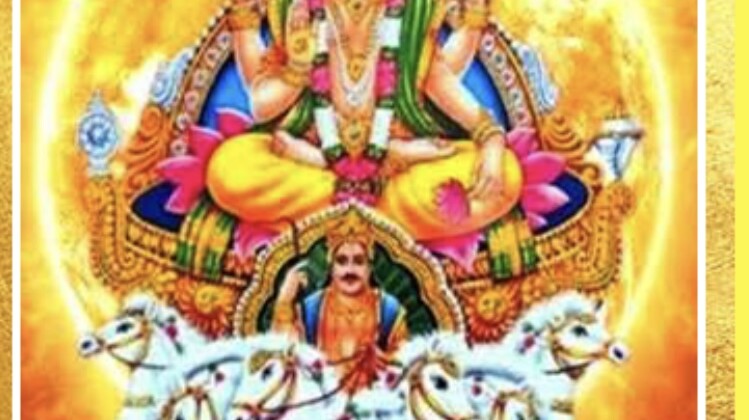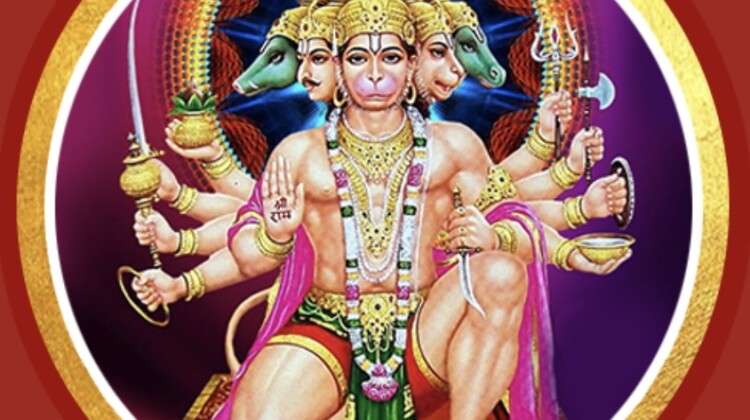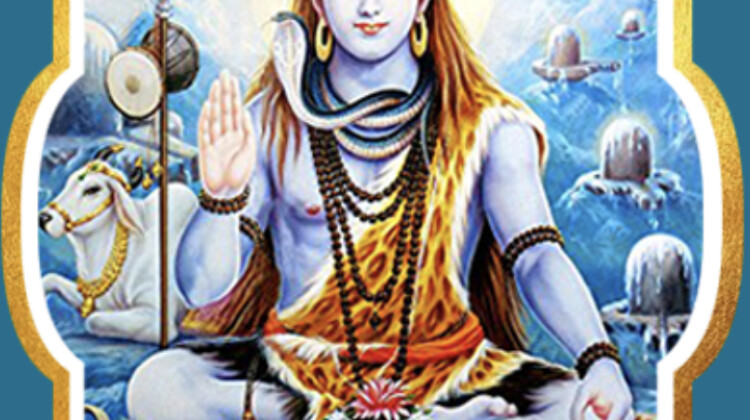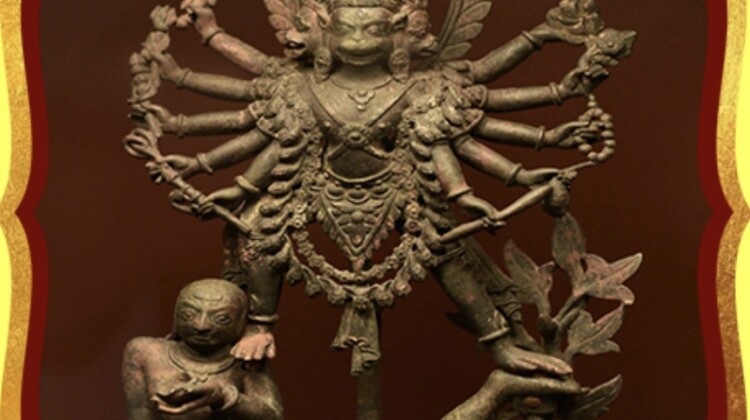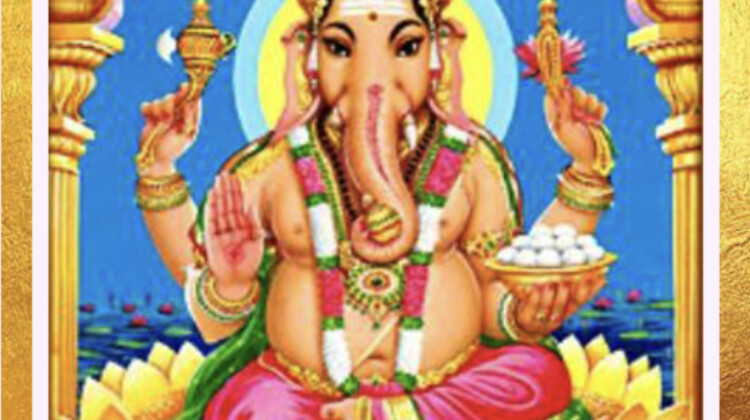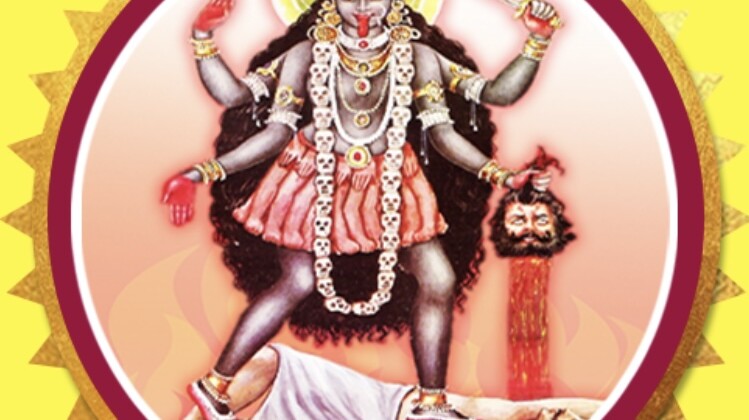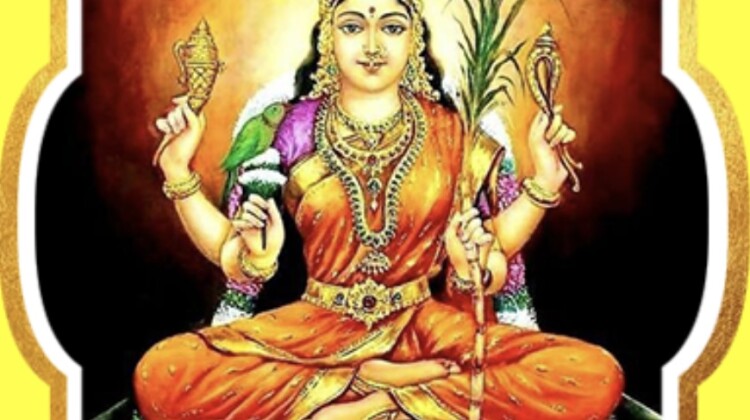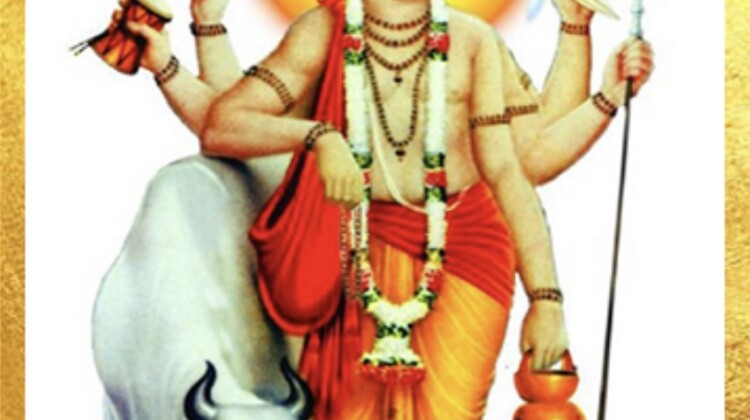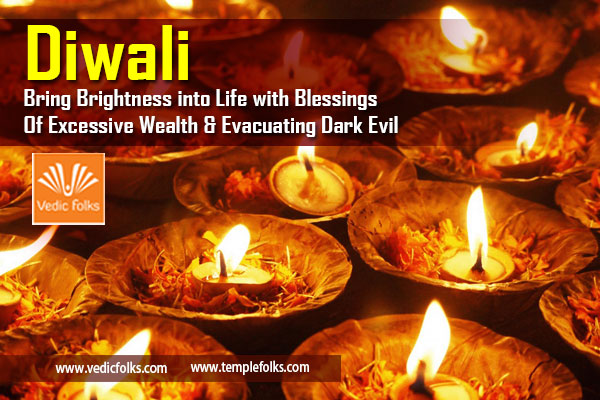Diwali Pooja
Bring Brightness into Life with Blessings Of Excessive Wealth & Evacuating Dark Evil
The very name Diwali signifies brightness and delightfulness. Come Diwali, there’s light everywhere and is also known as Deepawali where deep is light and awali means a row. The festival, one of the most popular among all festivals has many godly tales attached to it. It marks the return of Lord Rama and his consort Sita to Ayodya after a fourteen-year eventful exile. In the south of India, Diwali is celebrated to mark the victory of Goddess Durga over Mahishasura, a malicious demon who was destined to die at the hands of a ‘woman’. It’s also a day when Lord Vishnu married wealth Goddess Lakshmi, and some believe it’s her birthday too.
The day is also called Naraka Chaturdasi, as Lord Krishna vanquished Narakasura, a demon, a despot that people in heaven were afraid of because he punished them severely if they stood against him.
In some parts of India, Diwali is dedicated to goddess Kali and Lord Ganesha.
The Five-Day Significance of Diwali
In northern regions of India, Diwali is a five-day festival.
- Dhanteras or Dhantryodashi marks the appearance of Lord Dhanvantri from the ocean with a pot of nectar of immortality in his hand. Goddess Lakshmi emerged from the ocean on this day. Therefore people carry out financial dealings with the goddess’ blessings.
- Narak Chaturdashi is celebrated on the second day when Lord Krishna destroyed the demon Narakasura.
- The third day is Diwali, a day to decorate homes with earthen lamps to mark the return of Lord Rama after 14-year long exile.
- The fourth day marks the kind and benevolent gesture of Lord Krishna who saved the people from a catastrophic rain by lifting the mountain Govardhan in Mathura.
- Bhai Dooj is the final day when brothers and sisters come together to spend quality time. According to scriptures, God of Death Yama visited his sister Yami who welcomed him with great reverence. Yama declared that this day will be celebrated in future by all people as Yama Dwitiya.
The festival is a time to remove pall of gloom that sometime surrounds life and usher in positivity and brightness. It’s also a time to rethink the forthcoming new year and refresh your thoughts and actions by taking the spiritual route of performing rituals to usher in auspiciousness into your life.
The most significant values that this remarkable festival teaches us are that:
To Rise and Shine: people wake up during Brahma Muhurta to take bath and cleanse themselves and thereby inculcating in them the ethics of good health, discipline and spiritual progress.
To Give and Forgive: The festival ought to be celebrated by giving and forgiving the people around you. Well, that’s what the spirit of Diwali is all about.
To Unite and Unify: On this beautiful day, share your happiness and joy with others by giving all that you have.
To Progress and Prosper: Businessmen and other traders start fresh accounts on this day new attires, furniture and household equipments are bought to satisfy the needs of family members.
The festival of Diwali is a time to unwind yourself, to move away from the mundane life – the rat race where the digital world seems to have a upper hand and spirituality has taken a back seat. It’s a time to find peace through the spiritual path that awakens a person and leads him to a path of eternal glory and harmony.









